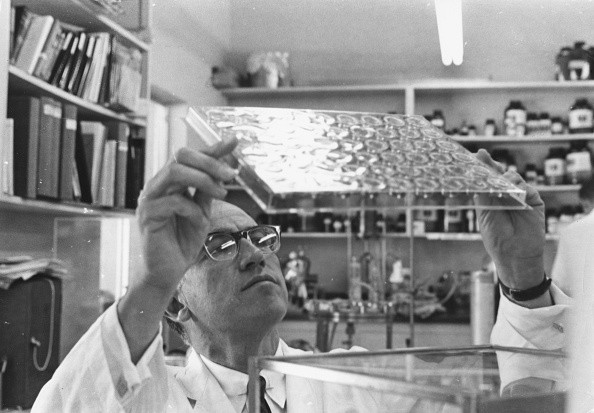
Medical research is how we learn whether new treatments, medications, devices, or surgical procedures work and which work best. Clinical trials are studies in which people volunteer to participate in controlled tests; they are at the heart of medical research. Without clinical trials, there would be no children cured of leukemia or people with organ transplants.
Many people worry about taking part in a clinical trial. They may be afraid that they will be experimented on against their will or that they will not receive any treatment. This is not so. All people taking part in a clinical trial are protected by ethical guidelines and are fully informed about the purpose of the trial, how it will be conducted, how long it will last, and what risks involved. At medical centers and universities that run clinical trials, the studies are approved and monitored by an Institutional Review Board to ensure that risks are minimal and that they are worth the potential benefit.
In most cases, participants in a clinical trial will be randomly assigned to two or more groups (sometimes called the arms of the study). One group will receive the medication or treatment being studied, while the other group or groups receive different treatments.
In the majority of clinical trials, the new treatment or medication is being studied against the current standard care, which means that everyone receives some type of treatment. In some studies one group will receive no treatment or a placebo, which is a pill or treatment that does not do anything, but this only happens if there is no known treatment for the condition being treated. You will be told if you might receive a placebo if this is the case.
So what is in it for you? Being in a clinical trials can give you access to new treatments before they are widely available. Even if you don't get the treatment being tested, you often are being given the highest current standard of care at a top level medical center and will be working with a team of healthcare providers who will monitor you carefully.
There is also the knowledge that you will be helping medicine push forward.
For more information about clinical trials, check out these sites:

